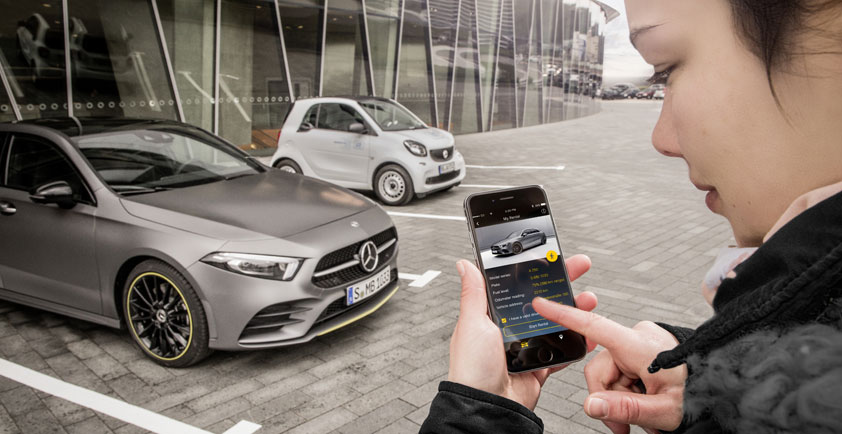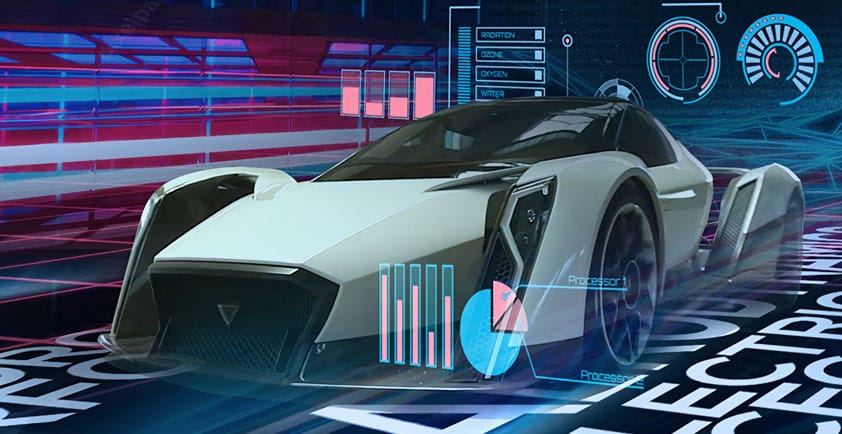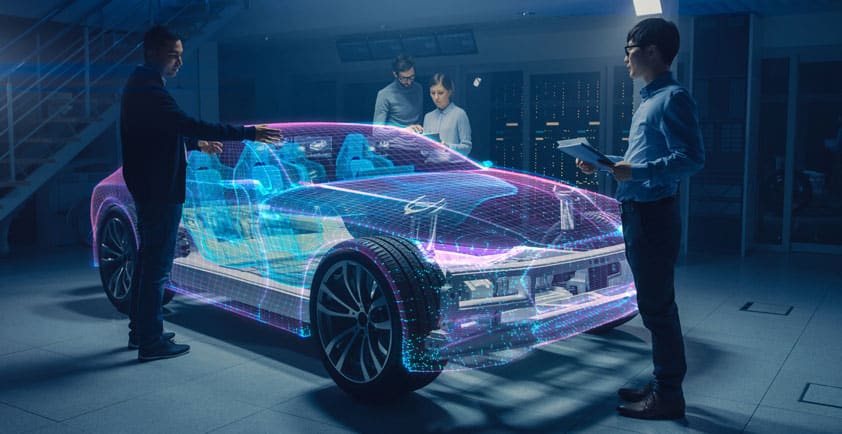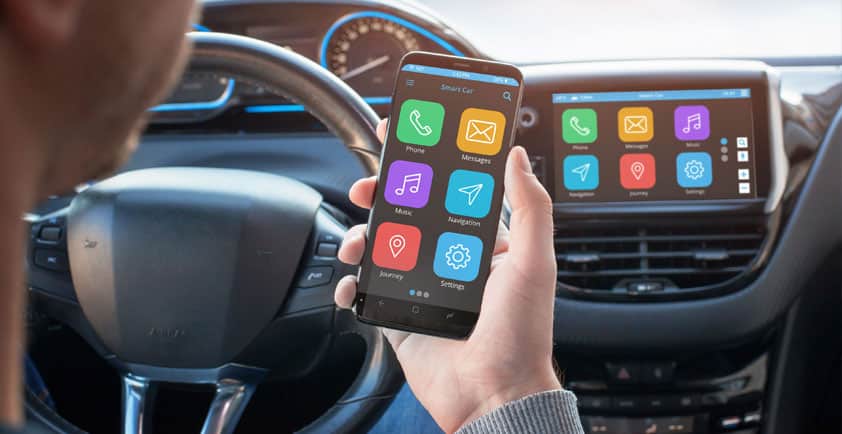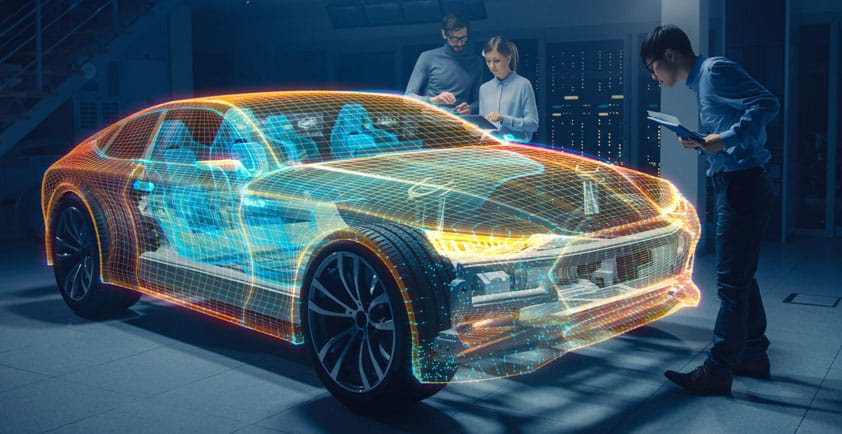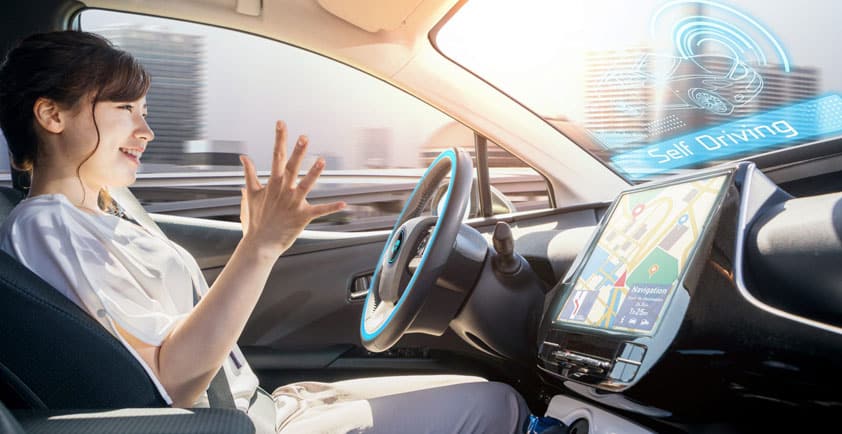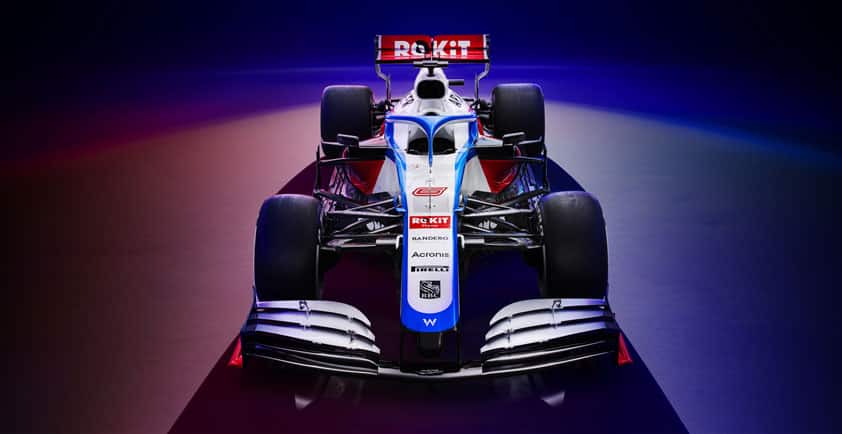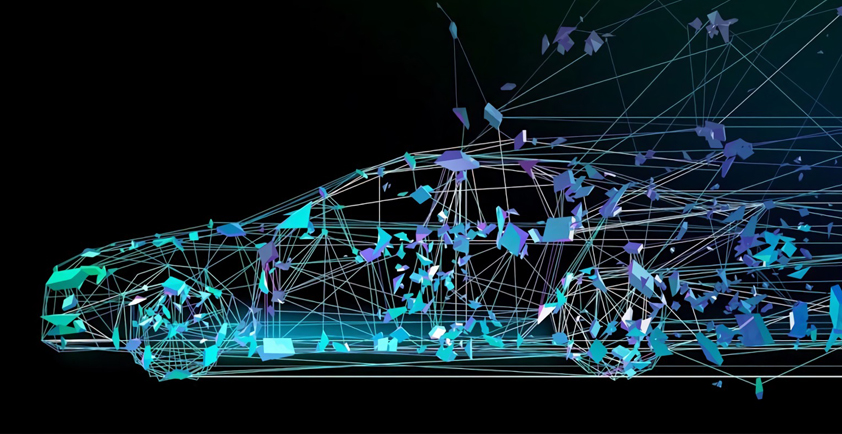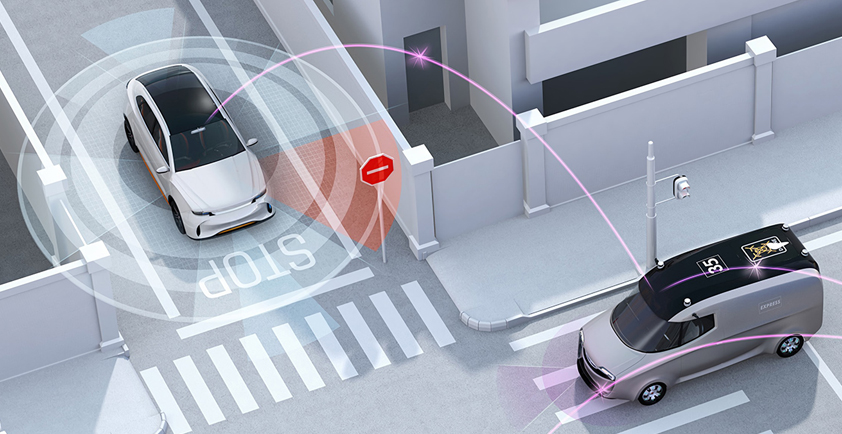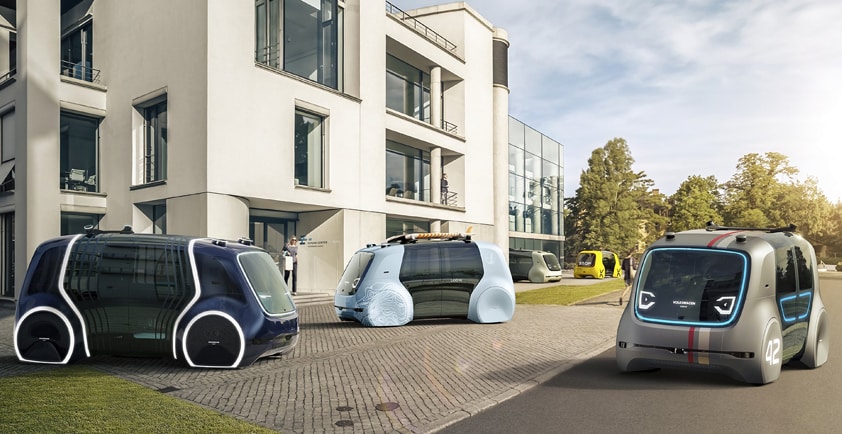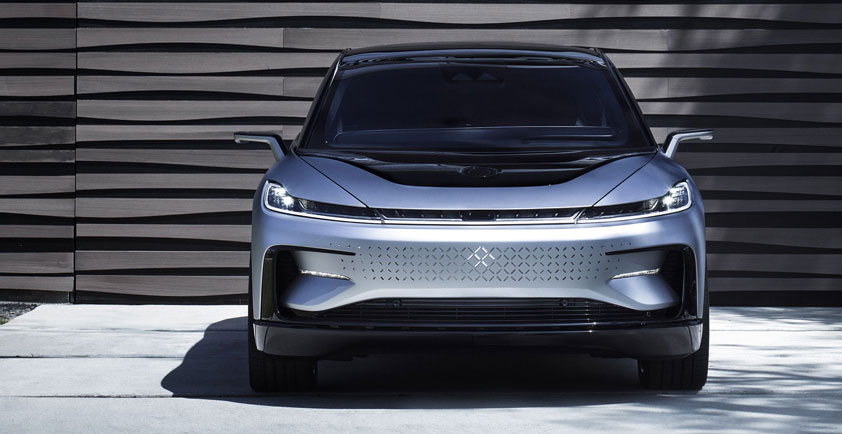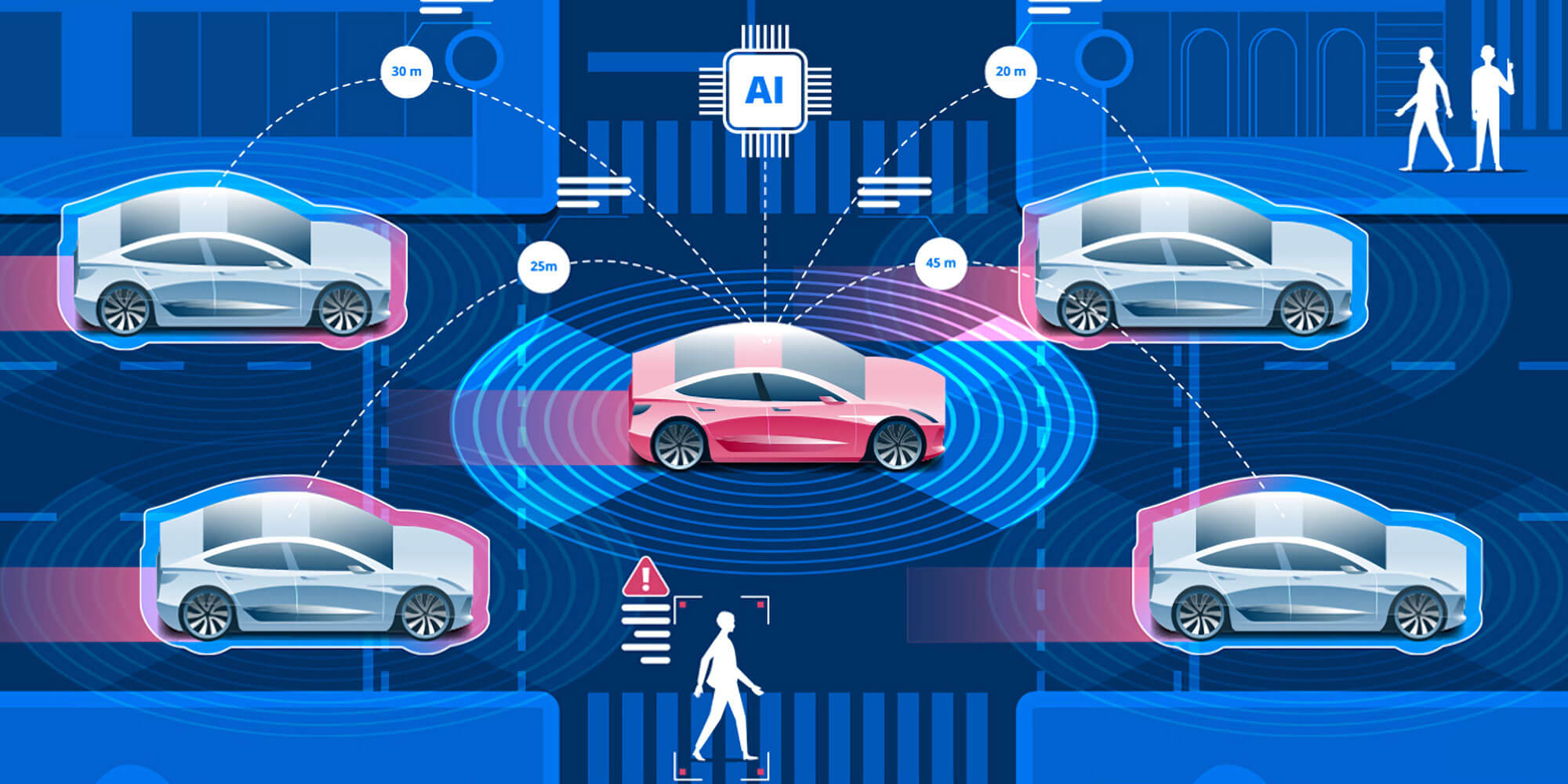
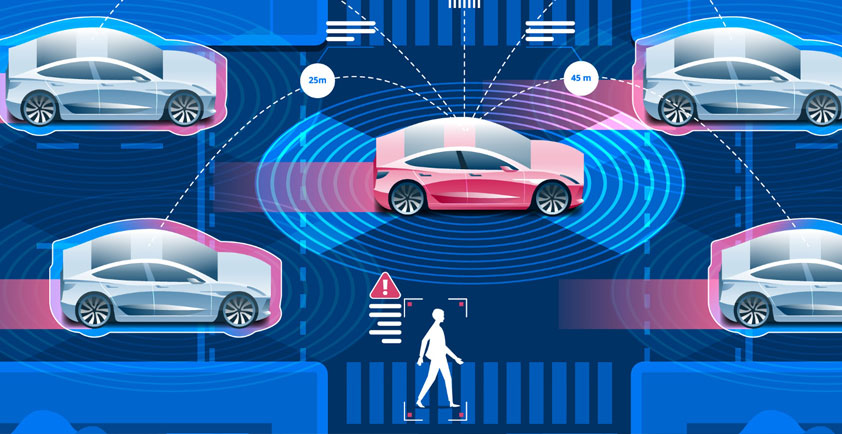
GEMALTO STUDY REVEALS THE NEED FOR TRUSTED MOBILITY SERVICES IN CONNECTED CARS
Over a third of consumers surveyed in the UK, US, Germany, France and Russia (37%) now think it is likely that driverless cars will be the main form of transport in ten years' time, according to new research released by Gemalto, the world leader in digital security. However, since more than half of respondents would not currently trust driverless technology, manufacturers and technology partners in the automotive ecosystem will, if they want to make it a reality, need to develop secure services to win end users trust. The study, conducted by YouGov among more than 7,000 consumers in the UK, the USA, Germany and France, examined consumer attitudes towards the new mobility ecosystem: connected cars, driverless cars and new ownership models enabled by the sharing economy.
The benefits of driverless and connected cars
As trials of driverless technology take place across the world, consumers are increasingly confident that autonomous driving will be here to stay, with over a third (37%) believing that it will become the dominant form of transport in 10 years' time.
Consumers are also excited about the benefits that can be enabled in the short term by connecting cars to the internet. When asked their top three priorities when renting a connected car, the top three results were being easy to drive (a priority for 37% of consumers), saving money (37%) and providing secure Wi-Fi access (32%).
Then there are more advanced features that can be enabled by equipping cars with an automotive grade secure wireless module. This technology can allow cars to communicate with traffic management and road infrastructure systems, receiving real-time data on the latest traffic and road safety information, emergencies, road tolling and where they can park. Among these features, the most exciting for consumers is getting real-time traffic information (anticipated by 66% of consumers). Other features respondents look forward to include receiving live information to find a parking space (58%), accessing more accurate mapping (59%) and getting real-time information on the driver's performance (40%).
Christine Caviglioli, VP for Automotive & Mobility Services, Thales, commented: "Digitalization is putting the automotive industry on the road to revolution. The Internet of Things (IoT) and cutting edge connected car technology is opening the door to intelligent telematics and is unleashing a new breed of features and services - everything from enhanced in-car services and car sharing to fully autonomous vehicles. It's a profound paradigm shift, the likes of which haven't been seen in the industry since the introduction of the first motorized vehicles in the early 1900s. The technology has the potential to change the concept of driving forever."
The challenge for automotive manufacturers: establish trust
Despite the anticipated benefits of driverless technology, consumers still need to be assured of their safety. Right now, more than half (58%) of consumers taking part in the survey would not trust a driverless car to complete a journey safely. There are worries about hackers being able to gain control and causing accidents (a concern for 47% of consumers), as well as data privacy, with only 15% trusting car manufacturers to handle their data collected through connected cars securely.
In the case of connected, and potentially autonomous, cars, the security risks are diverse. They range from stealing usage data to disabling cars, to hijacking single cars or attacking an entire fleet, or even forcing one's car to perform "unexpected" functions. Clearly consumers are aware of and concerned about these potential issues, demonstrating the clear need for car manufacturers to build trust in the new mobility ecosystem. This task is paramount to driving adoption and mission critical to support the overall growth and success of connected cars.
Christine Caviglioli continues: "The research makes it clear that for connected vehicles and mobility services to deliver on their promises, automotive and mobility players will have to build trust in the ecosystem and reassure drivers. This means they have to partner with the right technology providers to implement robust security measures."
Security by design
To address consumer concerns around security, car manufacturers must adopt a security-by-design approach that has multiple layers - "patching things up" afterwards simply won't do. This starts with securing the connected car, its firmware and software applications through PKI infrastructure, key management services and identity issuance. But it's also critical to secure the data transmitted to and from the car, both at rest and in motion, through high speed data encryption technology. Such an approach would secure access to the car, and protect against data loss, IP theft, fraud and downtime.
These are areas in which most traditional automotive manufacturers don't have extensive experience. To achieve this, they will need to insource security, as well as work with experts in this field to ensure their systems are fully protected. In addition, car manufacturers will need to be open and ready to learn from security experts to ensure the implementation of effective, best-in-class security.
We know that consumers are excited by the potential of innovative security features in the new mobility ecosystem. Almost two thirds (65%) of respondents in our survey would be excited about enhanced protection against thieves, and they are also excited about using biometric technology to unlock cars, with four in 10 respondents (39%) saying that they would be happy to use fingerprint recognition to securely authenticate and access mobility services, for example using Virtual Car Keys to unlock a car. Consumers are also interested in the ability to personalise and enhance car features through software updates (31%).
In conclusion, Christine Caviglioli says: "Security is of course crucial, but so is the user experience. Building complex and time-consuming processes could prevent connected car apps from becoming mainstream. Designing user-friendly and real-time mobility solutions is therefore key to enable car connectivity, authenticate users and bring drivers' preferences on board with personalized and seamless user experiences".

